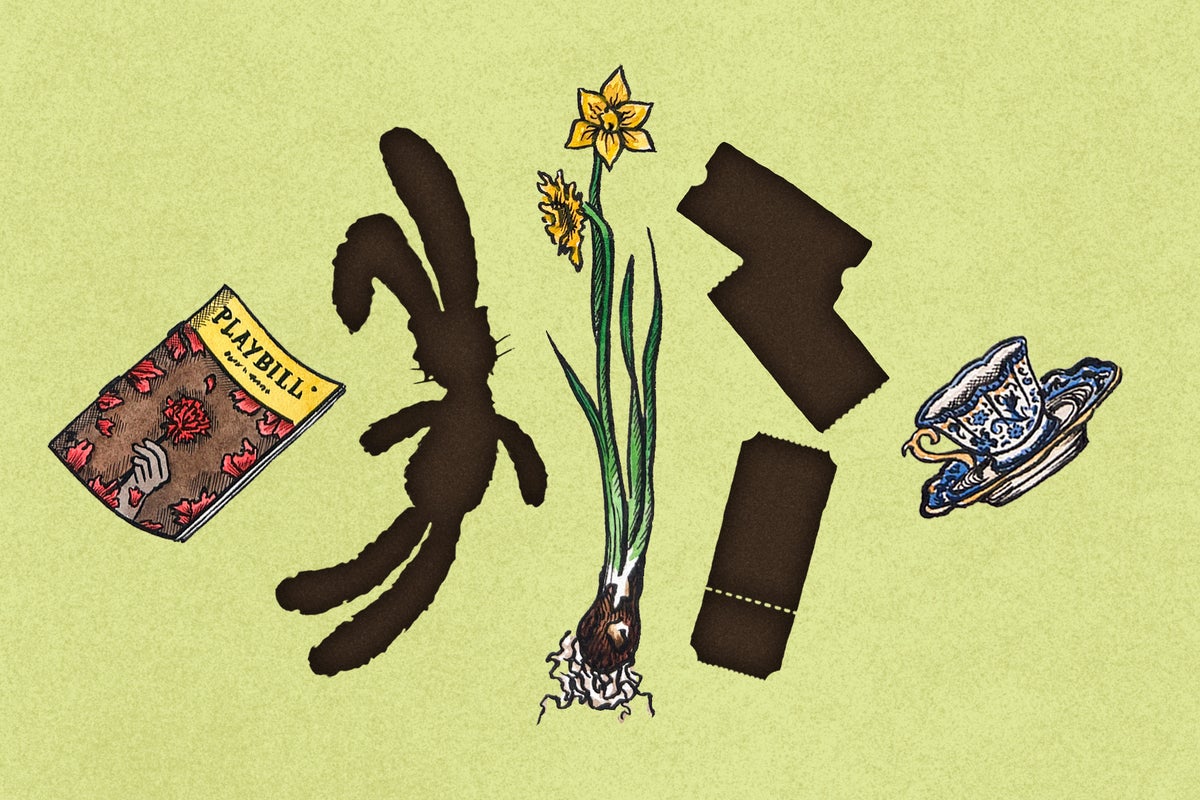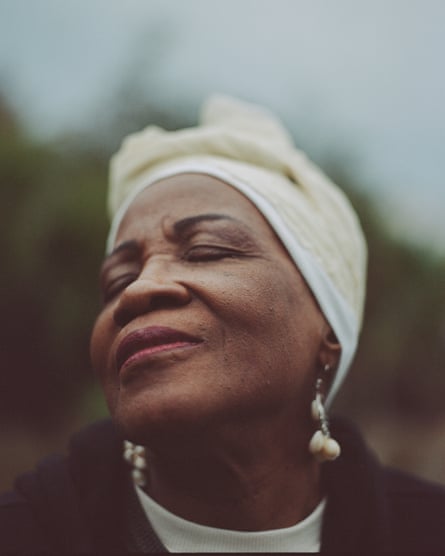How to cope when disasters strip away photos, heirlooms and other pieces of the past
Share:
They’re the possessions that tell your story: the photos of old friends and relatives. The ring your mom left you. The hand-knit Christmas stockings. Your grandfather's secretary desk and the letters inside. When disasters strike, these artifacts of your own rich history might be the toughest belongings to lose.
“It still hits me now — a picture of my dad that my grandmother painted, which was hanging on the wall by the piano," says Martha Tecca, whose house in Lyme, New Hampshire, burned to the ground 10 years ago. She and her husband had been on a hike, and lost everything but the clothes they were wearing.
“The things that are sort of generational — those are the pieces you feel worst about at the time,” she says. Of course, lost things are just things. Those who mourn them are conscious that others are suffering far worse from catastrophes, including the wildfires, hurricanes, floods and other natural disasters that have struck with greater intensity in recent years.
Still, these family heirlooms, mementoes and handmade relics are irreplaceable. How do you cope with losing them — and perhaps recapture some of the lost memories?. Be patient in processing it all. “Grief is the natural response to loss, whatever that loss is,” says Mary-Frances O’Connor, a psychology professor at the University of Arizona and author of “The Grieving Body: How the Stress of Loss Can Be an Opportunity for Healing.” “Objects are often cues for our memory, our habits, for our culture, our social interaction.”.






















